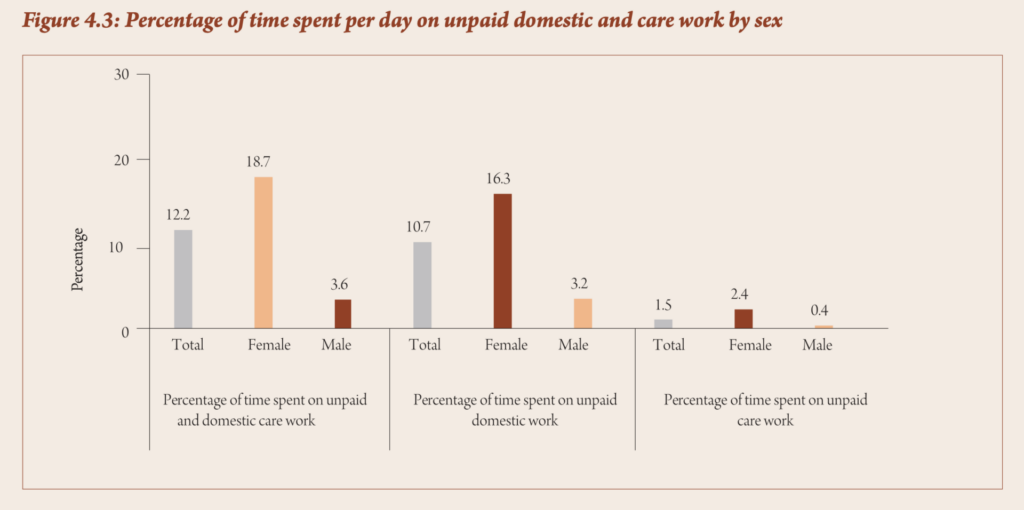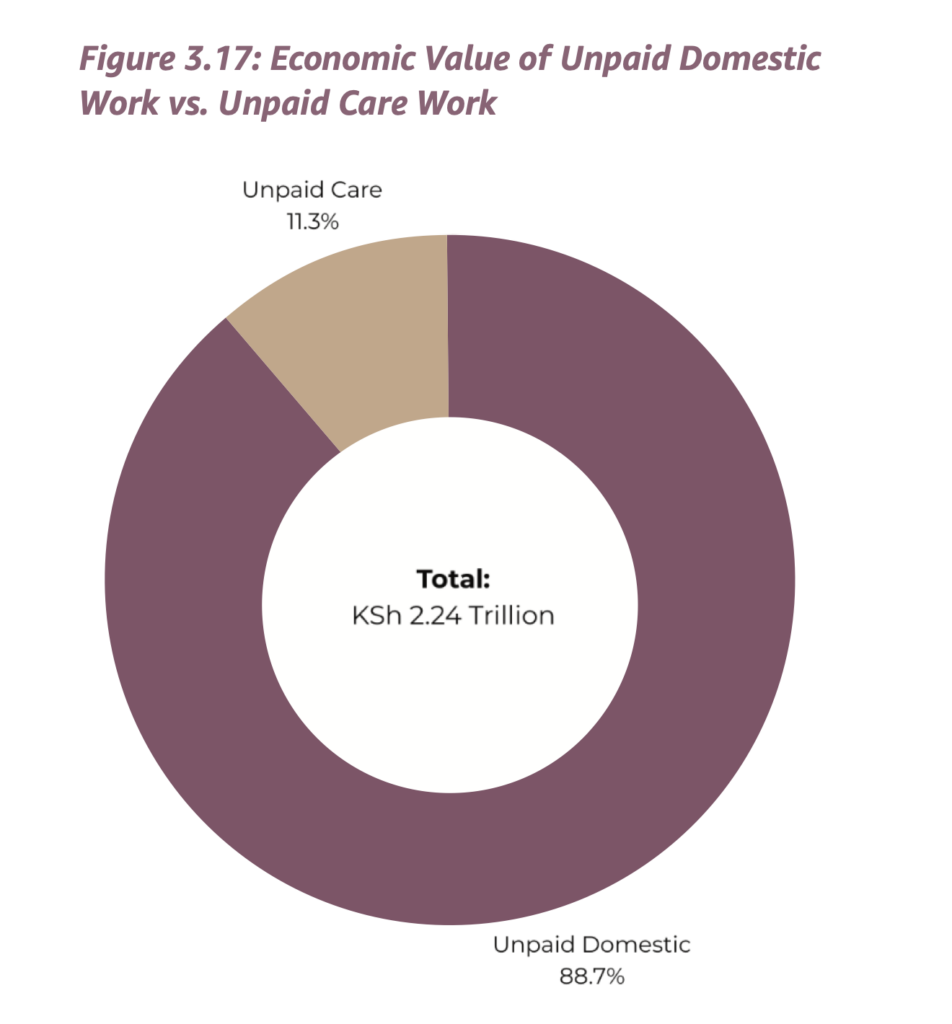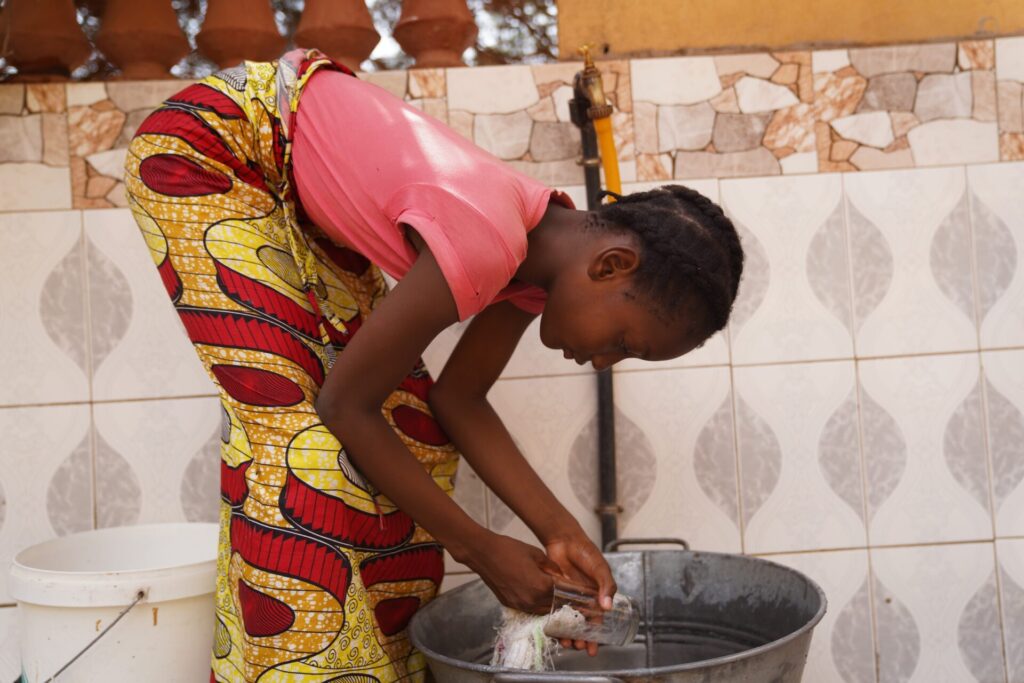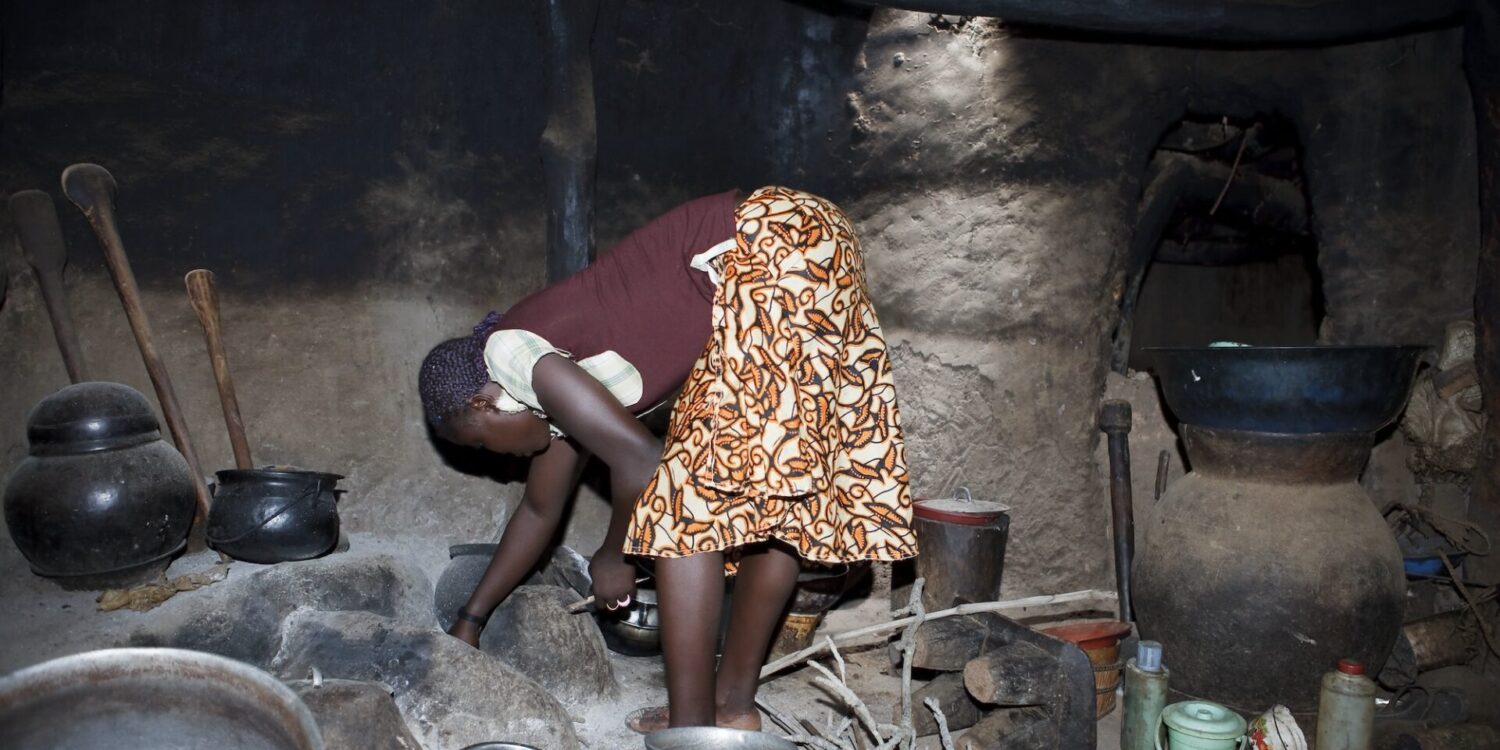If you were to count every hour spent preparing meals, cleaning homes, tending to children, or caring for the elderly, how much of the economy would that be worth?
For decades, the daily rhythm of unpaid work, mostly done by women, was invisible in national statistics. Time-use surveys started as simple diaries of how people spent their hours. But over time, they evolved into powerful tools for shaping inclusive, evidence-based policy around the world.
In the United States, the American Time Use Survey (ATUS) is conducted every year. Canada and Japan follow a five-year cycle. The OECD Time Use Database now regularly compiles data from nearly 30 countries — helping governments understand how people balance work, rest, and care.
Kenya Joins the Global Conversation
In 2021, Kenya joined this global movement with its first Time Use Survey Report, supported by UN Women, the World Bank, and Oxfam GB. It revealed something striking yet unsurprising: the sheer amount of unpaid labour women contribute every single day.
Nationally, women spent about seven times more time on unpaid care work (2.4%) than men (0.4%), and five times more (16.3%) on unpaid domestic work than their male counterparts (3.2%).

(Source: KNBS Time Use Report 2021)
The Kenya National Bureau of Statistics (KNBS) noted that while unpaid work directly contributes to the nation’s well-being, it remains excluded from the System of National Accounts (SNA) — the framework that determines a country’s Gross Domestic Product (GDP). In other words, Kenya’s economy has long been undervaluing the invisible labour that keeps it running.
Thinking About “Leaving No One Behind”
At the Open Institute, we began thinking deeply about this in 2018, when we first asked ourselves: What does inclusion really mean? How do we make sure that we leave no one behind?
We thought about women, particularly those balancing paid jobs with full-time home responsibilities. When a woman returns home after work, her day doesn’t end. She cooks, cleans, supervises homework, cares for ageing parents, and carries the mental load of remembering everything for everyone.
In rural areas, this dynamic is even more pronounced. Stay-at-home mothers, often perceived as “not working,” are up before dawn — tending to farms, fetching water, cleaning homes, and managing entire households. Yet, none of that labour counts in the national economy.
So, what would it mean if Kenya truly valued women’s unpaid labour in statistics?
Counting the Uncounted
This year, KNBS released a new and more ambitious report: The Economic Value of Unpaid Domestic and Care Work in Kenya (2025).
The report does more than count hours; it attaches real economic value to them. Using a replacement cost approach (estimating how much it would cost to pay professionals like nannies, cooks, or cleaners), Kenya found that unpaid care work contributes an astounding 23.1% of its GDP — roughly KSh 2 trillion in 2021.

If unpaid care were included in Kenya’s national accounts, it would be among the largest sectors of the economy, surpassing even manufacturing and transportation.
The Gender Divide in Hours

The report found that women spent 25.8 billion hours on unpaid domestic and care work, compared to men’s 4.8 billion hours.
KNBS categorises these activities into two key groups:
- Unpaid domestic work: cooking, cleaning, laundry, and household management.
- Unpaid care work: childcare, eldercare, and caregiving for non-dependent adults.
Breaking it down further:
- Food preparation and meal management consumed the most time in unpaid domestic work — 14 billion hours for women and 2 billion for men.
- In unpaid care, childcare and instruction took 2.9 billion hours for women and 310 million hours for men.
Together, these invisible efforts are the backbone of households, and, by extension, the economy.
Beyond Numbers: The Social Impact
Recognising the economic value of unpaid care work is about better policies.


According to KNBS, valuing unpaid domestic and care work promotes shared household responsibilities, work-life balance, and economic independence. It also sheds light on why many women drop out of the labour force or settle for part-time jobs: the unpaid care burden makes it difficult to sustain full-time work.
The report offers several key recommendations for governments:
- Invest in public care infrastructure, like affordable childcare and eldercare services.
- Promote gender-responsive labour policies, including flexible working arrangements and paid parental leave.
- Develop social protection systems that redistribute care responsibilities.
- Conduct regular Time Use Surveys to keep the data current and comparable.
- Disseminate data widely to encourage recognition of unpaid labour in households and workplaces alike.
Making the Invisible Visible
The conversation about unpaid care work is, at its heart, a conversation about dignity and visibility. When women’s unpaid labour is recognised as an economic contribution, societies move closer to genuine equality, when what was once invisible finally becomes seen, valued, and acted upon.













